|
Featured Keynote: Joy Balls-Berry
|
|

|
Joyce (Joy) E. Balls-Berry, Ph.D., is a psychiatric epidemiologist and health educator at the Mayo Clinic. Her primary research focus is evaluating the application of community-engaged research principles in diverse populations. She is interested in how community-engaged research can be applied to increase health equity.
Dr. Balls-Berry has also focused her research on determining the best approaches for inclusion of diverse populations into health research. This work includes evaluating recruitment of community participants and determining the best methods for translating research findings.
|
Agency Approaches to Team Science
This panel will provide a number of different perspectives on team science from NSF and NIH representatives.
|
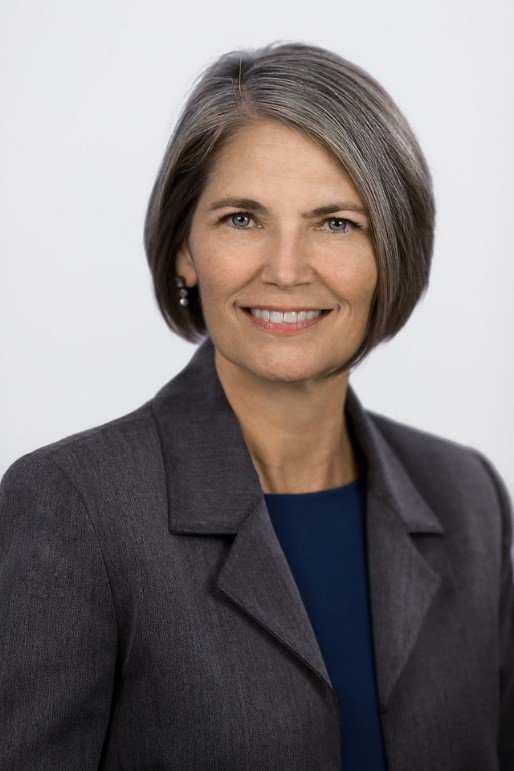
Dr. Claire Hemingway
National Science Foundation
|
Claire Hemingway is a program officer in Office of International Science and Engineering at the National Science Foundation (NSF), where she manages international programs, serves on the NSF working group for Navigating the New Arctic, and facilitates science cooperation with Canada. She is currently leading the new NSF-wide program to foster the creation of international networks of networks, AccelNet. She has previously managed the flagship interdisciplinary training program, NSF Research Traineeship Program, in the Education and Human Resources Directorate. Before joining NSF, she led a collaborative initiative across more than 18 international scientific organizations to enhance engagement in the scientific enterprise and scientific literacy by harnessing digital learning technologies and providing innovative online mentoring for student research teams. |
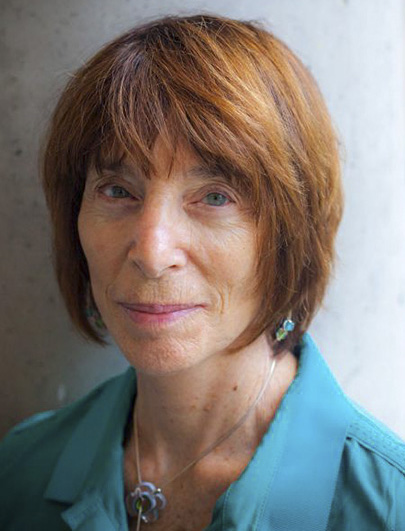
Dr. Sara Kiesler
National Science Foundation
|
Sara Kiesler is a rotator program manager in the Social, Behavioral, and Economics Directorate, managing interdisciplinary programs including Secure and Trustworthy Cyberspace and S&CC. She is University Professor and Hillman Chair Professor Emerita of Computer Science and Human-Computer Interaction at Carnegie Mellon University. Her Ph.D. was awarded in social psychology. Her research spans behavioral and social dimensions of technology, including the emergence of new forms of distributed work, science, and commerce, changes in how people communicate and group interactions in social media, human-robot interaction, and emerging threats to privacy, security, and information authenticity. She has been elected to the American Academy of Arts and Science and the National Academy of Engineering, and received the ACM CHI Lifetime Achievement Award, the Human-Robot Interaction Lifetime Service Award, the InGROUP McGrath Lifetime Award, the ICA Williams Prize, and the Allen Newell Award for Research Excellence. |

Dr. Peter Jackson
National Institutes of Health
|
Dr. Peter R. Jackson joined the NIAID Scientific Review Program (SRP) in 1990. During his tenure SRP grew from 10 to about 65 staff while NIAID’s Extramural budget increased from approximately $500 million to $5 billion. Today the SRP manages the scientific and technical peer review of grant applications and contract proposals that request total direct costs ranging from $4 to $11 billion. As NIAID budgets grew and the Institute’s research breadth has expanded, he had unique opportunities to influence the direction of research initiatives and peer review policies. As Chief of the AIDS Research Review Branch (ARRB), Dr. Jackson employs creative practices to facilitate the pursuit of NIAIDs national and International missions. He has represented the Director, SRP at NIH Review Policy Committee meetings where NIH peer review regulations, policies and processes are developed / discussed. |
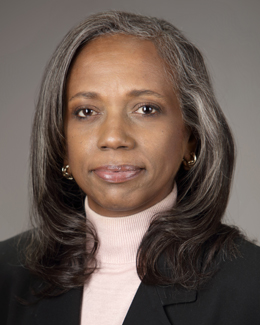
Dr. Anna L. Ramsey-Ewing
National Institutes of Health
|
On Sept. 20, 2015, Anna L. Ramsey-Ewing, Ph.D., joined NCATS as director of the Office of Grants Management and Scientific Review (OGMSR). She previously was the Office of Extramural Research Policy and Operations director at NIH’s National Institute of Allergy and Infectious Diseases (NIAID). Ramsey-Ewing began her NIH career in 1991 as a research fellow at NIAID, and she later became a Fellows Award for Research Excellence recipient and senior staff fellow in NIAID’s Laboratory of Viral Diseases. She subsequently served as NIAID’s associate director for extramural science policy within the Division of Extramural Activities (DEA). In that role, Ramsey-Ewing was responsible for policy development and integration as well as dissemination and staff training in all facets of extramural policies and procedures. Her other DEA roles included serving as a special assistant to the DEA director and as a scientific review officer (SRO); as part of the latter role, she was instrumental in setting up a formal SRO training program. |
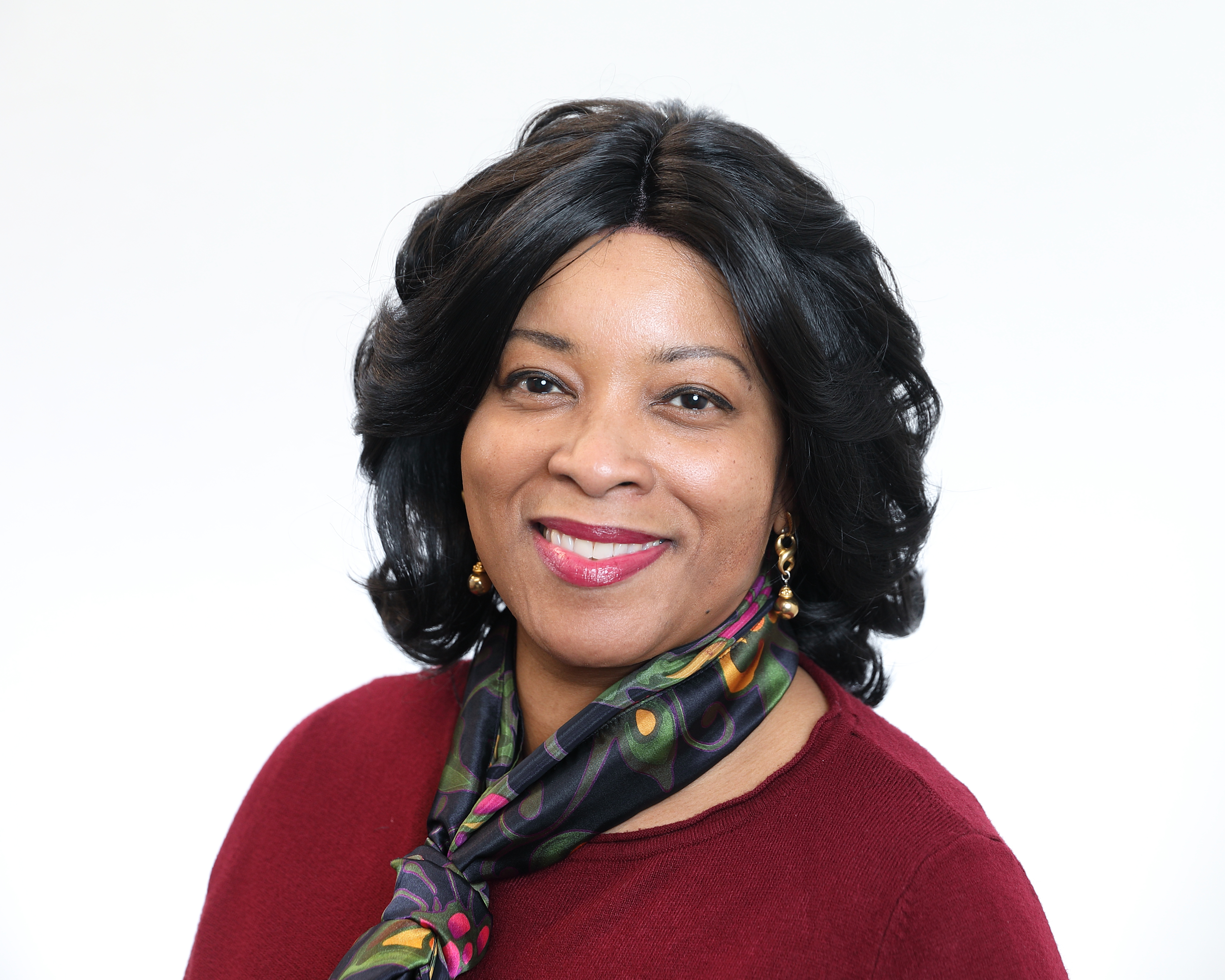
Patricia Jones
Moderator: National Institutes of Health
|
Patricia Jones joined NCATS as a program director in April 2016. She began her federal career with the Centers for Disease Control and Prevention in 2004 and has been with NIH since 2012. Jones has experience overseeing, conducting and evaluating prevention science programs, implementation science, and international and domestic clinical trials sites. She also has a strong background in clinical networks. Jones has served as an associate editor for a clinical trials peer review journal and has taught psychology and research methods as a lecturer at Oglethorpe University. She is a behavioral scientist and holds a doctorate in public health in health promotion and health education with a concentration in psychology, health services research and epidemiology from Loma Linda University. Jones also holds an M.P.H. in behavioral sciences and health education from the University of California, Los Angeles, and a bachelor’s degree in women’s studies from the University of California, Berkeley. She is currently pursuing an M.S. in biotechnology with an emphasis in regulatory affairs as well as an M.B.A. |
Science of Groups and Teams
This panel will address recent work on the nature and function of teams and multiteam systems, with perspectives from psychology, management, and organizational behavior.
|
|

Dr. Lindred Greer
Stanford University
|
Lindred (Lindy) Greer is Associate Professor of Management & Organizations and faculty director of the Sanger Leadership Center at the Stephen M. Ross School of Business at the University of Michigan. Her research focuses on how to design and lead effective organizational teams, with specific interests in intra-group hierarchy, conflict, diversity, leadership, and emotion. Lindy has published in outlets such as Academy of Management Journal, Organization Science, Journal of Applied Psychology, Science, and Proceedings of the National Academy of Sciences, among others. Her work has been covered in media outlets including the New York Times, Forbes, and Fast Company, and she has received awards from the Academy of Management and American Psychological Association. Lindy received her B.S. from the Wharton School of Business at the University of Pennsylvania, and her Ph.D. in social and organizational psychology from Leiden University in the Netherlands. |
|
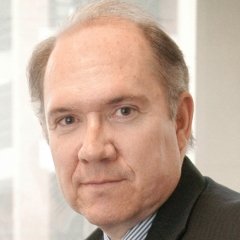
Dr. John Hollenbeck
Michigan State University
|
John R. Hollenbeck holds the positions of University Distinguished Professor at Michigan State University and Eli Broad Professor of Management at the Eli Broad Graduate School of Business Administration. He received his Ph.D. in Management from New York University in 1984. He served as the acting editor at Organizational Behavior and Human Decision Processes in 1995, the associate editor of Decision Sciences from 1999 to 2004, and the editor of Personnel Psychology from 1996 to 2002. He has been awarded over $7 million in external research funding, most of which was granted by the U.S. Department of Defense and the National Science Foundation. He has been awarded fellowship status in both the Academy of Management and the American Psychological Association, and was recognized with the Career Achievement Award by the HR Division of the Academy of Management (2011), as well as the Early Career Award (1992) and Distinguished Service Contributions Award of the Society of Industrial and Organizational Psychology. |
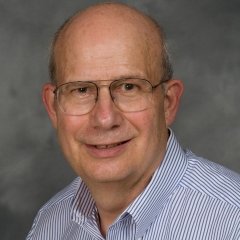
Dr. Dan Ilgen
Michigan State University
|
Daniel R. Ilgen is John A. Hannah Distinguished Professor Emeritus at Michigan State University in the Departments of Psychology and Management. He received his Ph.D. in psychology from the University of Illinois and subsequently held faculty appointments at the University of Illinois, Urbana-Champaign, the U.S. Military Academy, West Point, and Purdue University before coming to Michigan State University. He a fellow of the Association for Psychological Science, the American Psychological Association, the International Association of Applied Psychology, the Academy of Management, the and the Society for Industrial and Organizational Psychology. His work is in the general areas of work motivation, team behavior, performance evaluation, and leadership. In recognition of this work, he received the Distinguished Scientific Contributions Award from the Society of Industrial and Organizational Psychology and the Herbert A Henneman, Jr. Lifetime Career Achievement Award given by the Human Resources Division of the Academy of Management. |
|
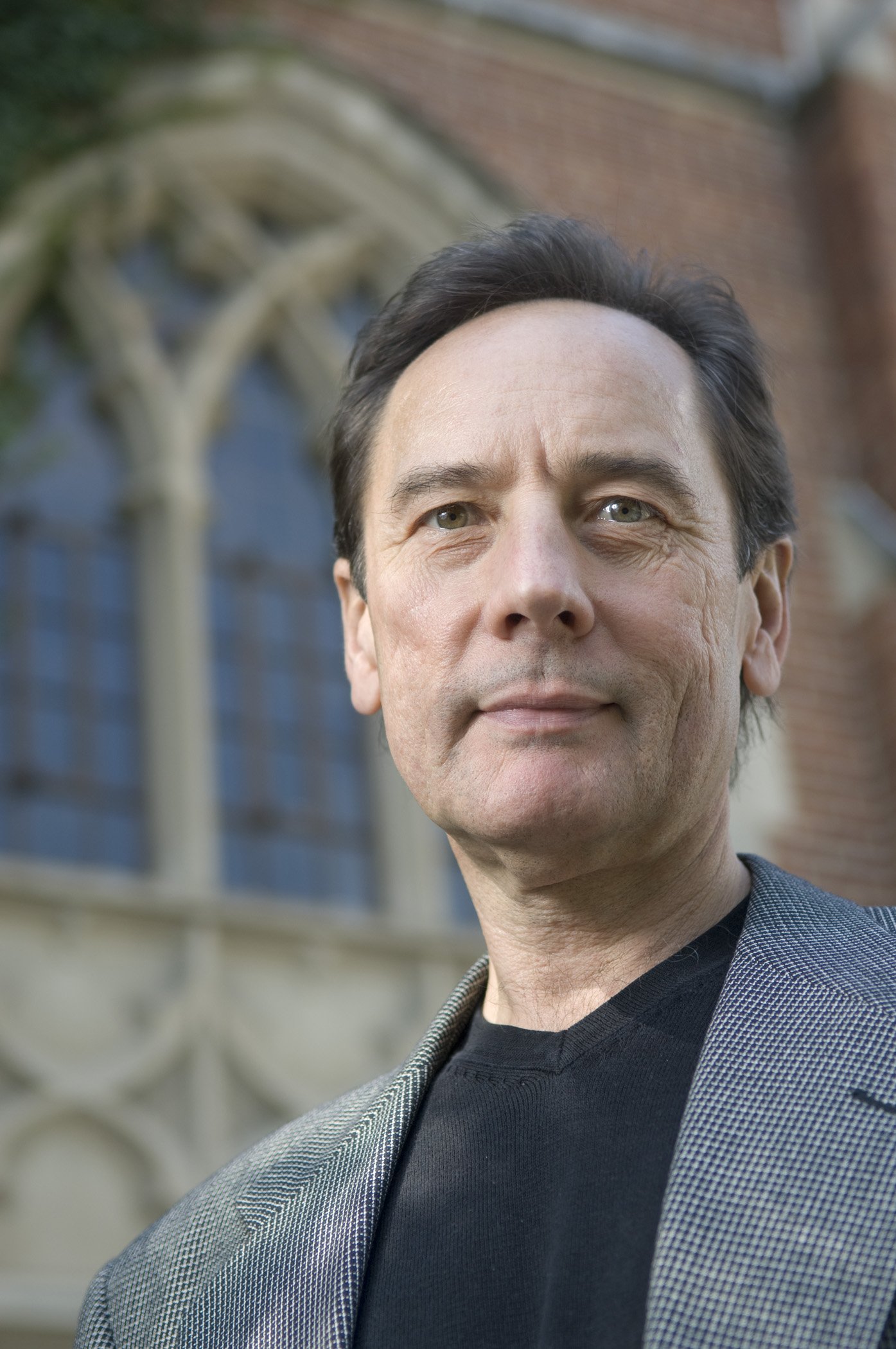
Dr. Steve Kozlowski
Michigan State University
|
Steve W. J. Kozlowski, Ph.D. is a Professor of Organizational Psychology at Michigan State University. He is a recognized authority in the areas
of multilevel theory; team leadership and team effectiveness; and learning, training, and adaptation. The goal of his programmatic research is to generate actionable theory, research-based principles, and deployable tools to develop adaptive individuals, teams, and organizations. His research is, or has been, supported by the Agency for Health Research and Quality (AHRQ), the Air Force Office of Scientific Research (AFOSR), the Army Research Institute for the Behavioral and Social Sciences (ARI), the National Aeronautics and Space Administration (NASA), the National Science Foundation (NSF), and the Office of Naval Research (ONR), among others. His research has generated over $10M in funded work. Dr. Kozlowski is the recipient of the SIOP Distinguished Scientific Contributions Award and the INGRoup McGrath Award for Lifetime Achievement in the Study of Groups. |
|
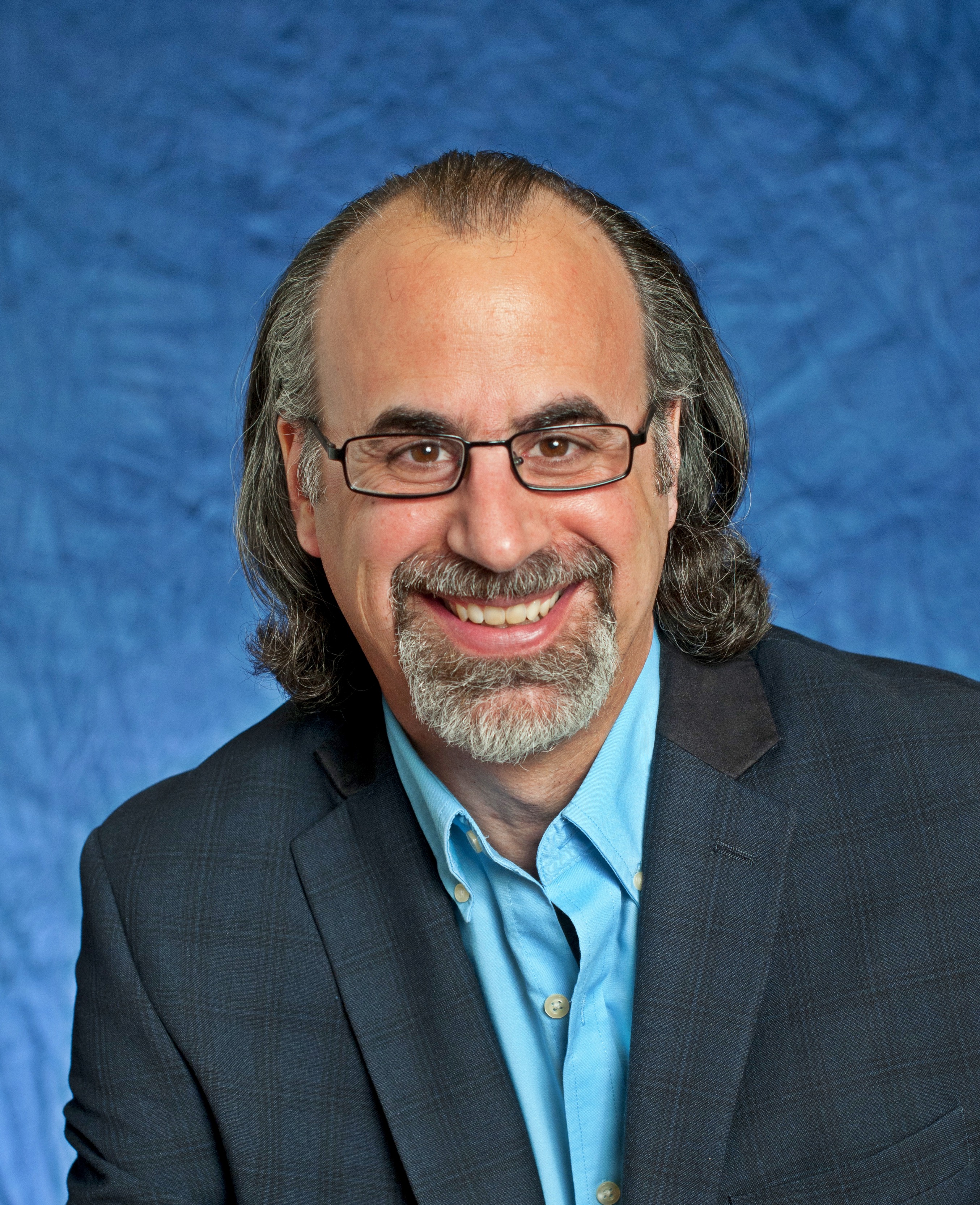
Dr. Stephen Fiore
Moderator: University of Central Florida
|
Dr. Stephen M. Fiore is Director, Cognitive Sciences Laboratory, and Professor with the University of Central Florida’s Cognitive Sciences Program in the Department of Philosophy and Institute for Simulation & Training. He maintains a multidisciplinary research interest that incorporates aspects of the cognitive, social, organizational, and computational sciences in the investigation of learning and performance in individuals and teams. His primary area of research is the interdisciplinary study of complex collaborative cognition and the understanding of how humans interact socially and with technology. He was president of the Interdisciplinary Network for Group Research (INGRoup) and is currently a founding board member of the International Network for the Science of Team Science. Dr. Fiore was a member of the expert panel for the Organisation for Economic Co-operation and Development’s 2015 Programme for International Student Assessment (PISA) which focused on collaborative problem-solving skills. |
Indigenous Approaches to Team Science
This panel will discuss the different roles that collaboration plays in Indigenous responses to complex, socio-environmental problems in Canada and the US.
|
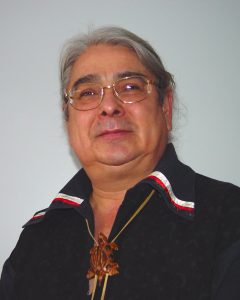
Henry Lickers
Mohawk Council of Akwesasne
|
Henry Lickers is a member of Seneca Nation, Turtle Clan. He has been married for 47 years and has three grown children. He has been the Director of the Mohawk Council of Akwesasne, Department of the Environment for 33 years and is now the Environmental Science Officer the past 6 years. During this time, he has been principle investigator on the EAGLE (Effects on Aboriginals in the Great Lakes Environment) Project and the Naturalized Knowledge Systems Project and the First Nation’s Community Health Indicators Project, all of these projects are investigating First Nations Environmental issues. He was also one of the contributors to the First Nation Environment Assessment Toolkit for Ontario, Chiefs of Ontario.
|
Jimmie Mitchell
Little River Band of Ottawa Indians
|
Jimmie has actively served on the Board of the Chippewa Ottawa Resource Authority since 2003. He has focused his attention on protecting the environment and also Tribal Rights secured in the Treaty of 1836 and since, reaffirmed in the 2000 and 2007 Consent Decrees, respectively.His involvement during the contentious Inland phase of the landmark US v Michigan court case, was instrumental in convincing the parties to negotiate the case out of court. The results of this painstaking effort served to reaffirm the existence of Inland Hunting, Fishing and Gathering Rights, within the boundaries of the 13.8 million acre Ceded Territory and also, garnered Co-management rights and obligations outlined and secured within the 2007 Decree. He currently serves as an appointed representative on the Midwest Region Tribal Interior Budget Committee which is aimed to provide tribal guidance to insure the Trust Responsibilities of the United States to Tribal Nations are realized and incorporated into the President's Budget. On behalf of his Tribal Nation, the Little River Band of Ottawa Indians he is the Director of Natural Resources and is one of their Traditional Carriers of the Sacred Pipe. He is also an active member of Maaingun Dodem, (Wolf clan), he was born in Muskegon, Michigan, has traveled extensively throughout the world and now lives in Manistee with his family in a remote corner of 1836 reservation.
|
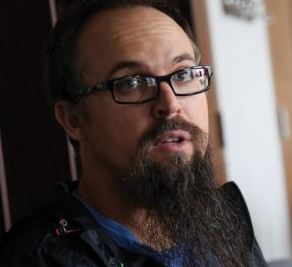
Dr. Kyle Whyte
Michigan State University
|
Kyle Whyte, Ph.D., is a professor and environmental activist working at Michigan State University. He focuses on teaching and research on #NoDAPL and Indigenous climate justice, and places where you can follow my updates. Whyte specifically focuses on the problems and possibilities Indigenous peoples face regarding climate change, environmental justice, and food sovereignty. He participates in a variety of programs at Michigan State University that include Philosophy, Community Sustainability, American Indian & Indigenous Studies, Environmental Science & Policy, Environmental Philosophy & Ethics and the Geocognition Research Lab.
|
Team Science in Agriculture and Natural Resources
This panel will address how research in agriculture and natural resources both depends on and informs team science.
|
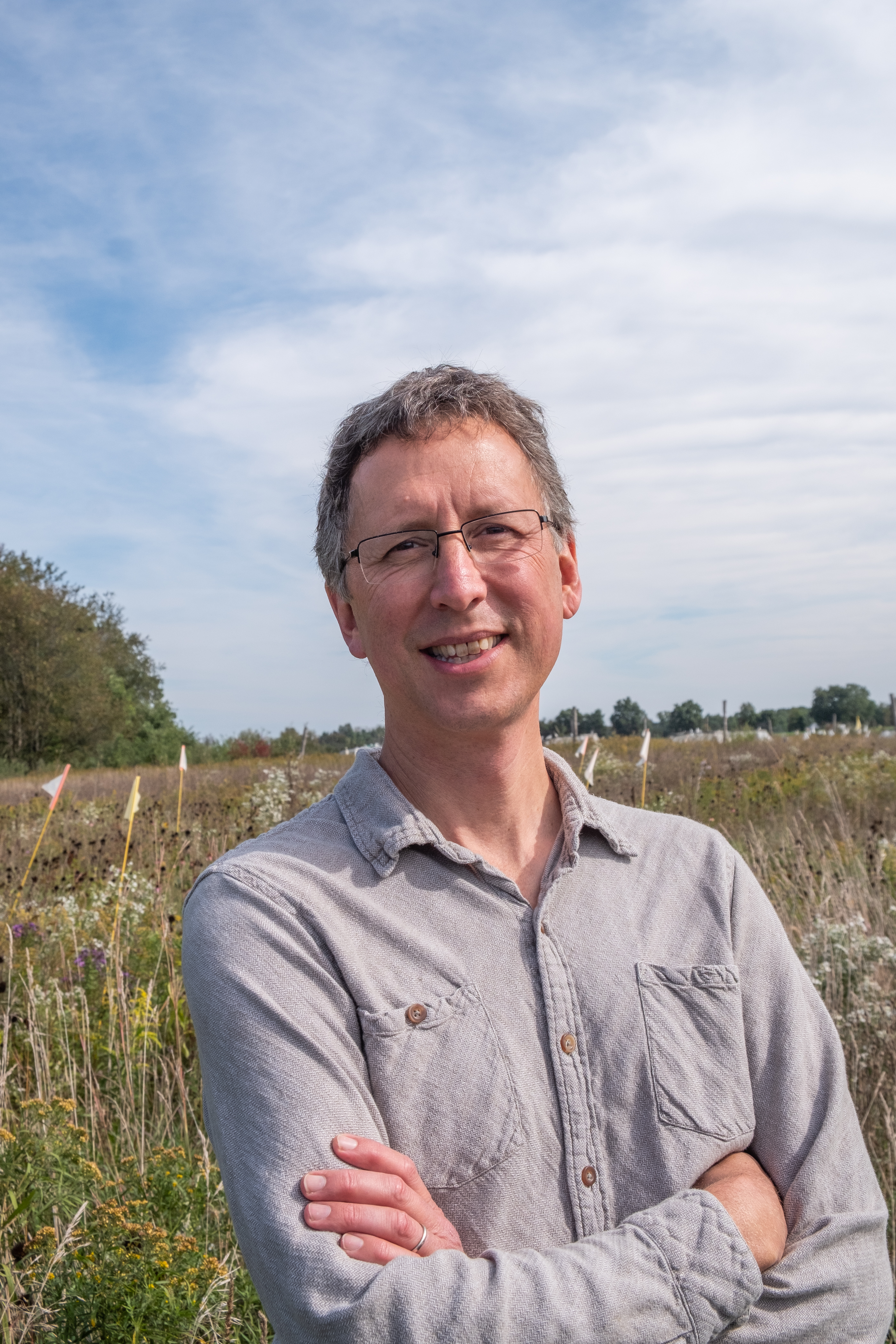
Dr. Nicholas Haddad
Michigan State University
|
Nick Haddad is an ecologist and conservation biologist at the Kellogg Biological Station of Michigan State University. He is currently the Lead Principal Investigator for the 30-year old Long-Term Ecological Research experiment at Kellogg Biological Station. The research is on the effects of land use intensity on ecological systems, including effects of agricultural management on the environment, and effects of environmental management on agriculture. In 2018 there were 102 investigators and 57 graduate students conducting research at KBS Long-Term Ecological Research Center. He also directs a 25-year experimental study of effects of habitat loss and landscape corridors on biodiversity; and a 10-year experimental study of restoration on endangered butterflies. |
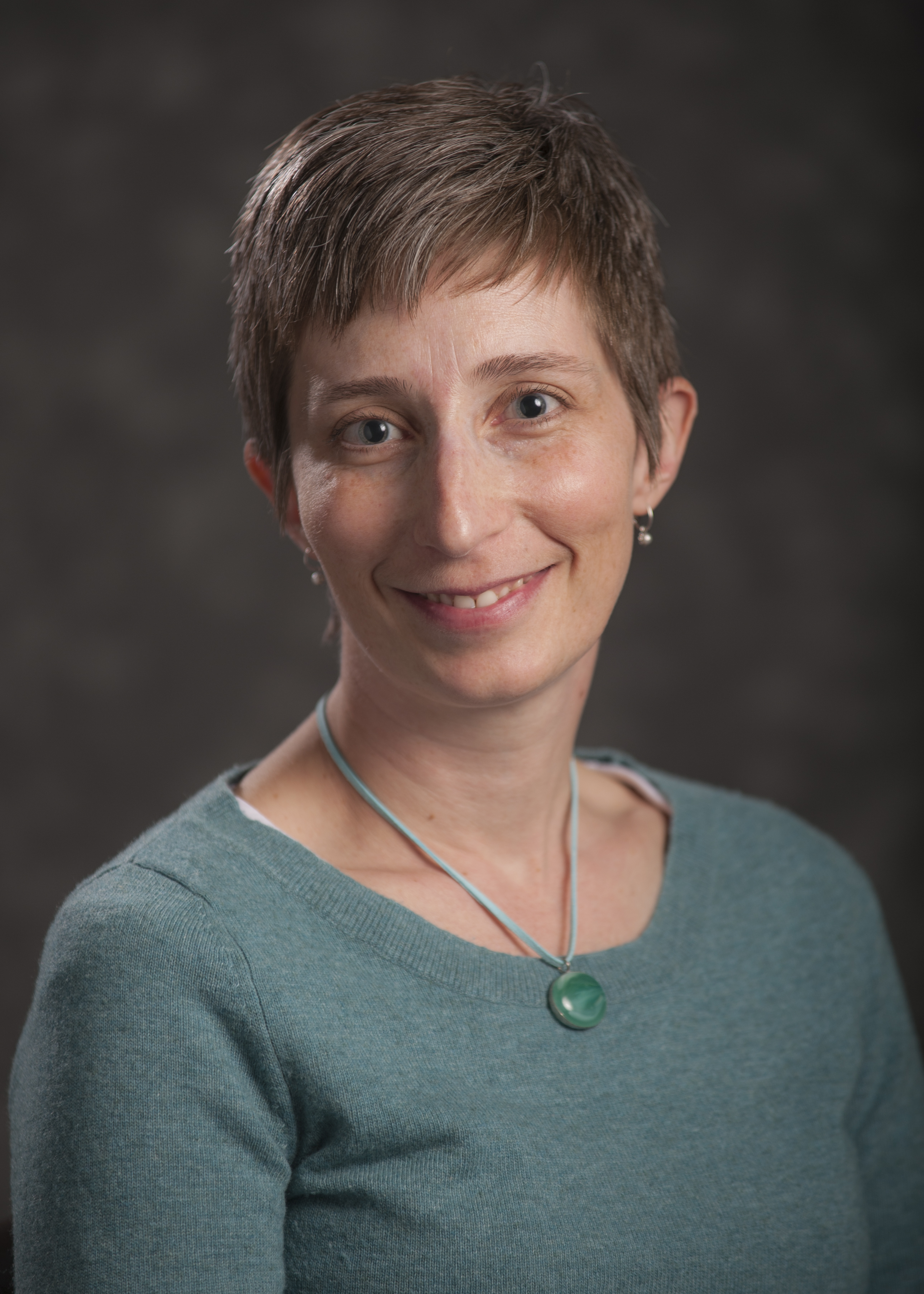
Dr. Janice Siegfor
Michigan State Univeristy
|
Dr. Janice Siegford is an Associate Professor in the Department of Animal Science at Michigan State University. She is an applied ethologist who uses a combination of non-invasive approaches to study the behavior of swine and laying hens in production systems with the goal of improving their welfare. She has spent the last 10 years examining how laying hens behave in aviary systems to understand if these expanded housing systems really do promote better welfare for the birds. She also works with a multi-disciplinary team to examine the connection between social behavior in group-living pigs and their underly-ing genotypes to determine if genetic selection can adapt pigs to modern pro-duction systems. Dr. Siegford mentors undergraduates completing independent research projects. She also teaches undergraduate courses in applied ethol-ogy and companion animal biology and management, a graduate course in ani-mal welfare, and delivers guest lectures across and beyond campus in courses ranging from current issues in agriculture to animal law.
|
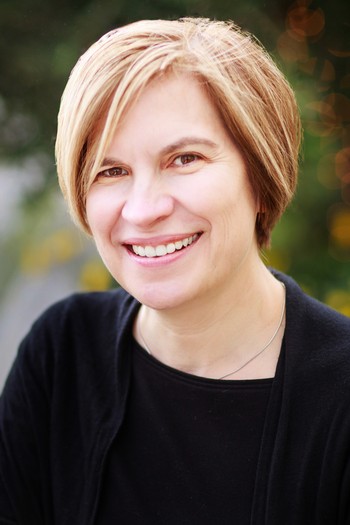
Dr. Patricia Soranno
Michigan State University
|
Dr. Patricia A. Soranno is a broadly-trained ecologist who conducts interdisciplinary research on freshwater ecosystems at continental scales. All of her work is collaborative and much of it is also interdisciplinary. She enjoys crossing disciplinary boundaries to solve complex problems that benefit from a diversity of perspectives and approaches. She also conducts research about the contemporary practice of environmental science, including the emerging dominance of team-based research, open science, and data-intensive approaches. She is the founding editor-in-chief for the Association of the Sciences of Limnology and Oceanography’s newest open-access journal, Limnology & Oceanography Letters. And, she is a Sustaining Fellow of the Association for the Sciences of Limnology & Oceanography.
|
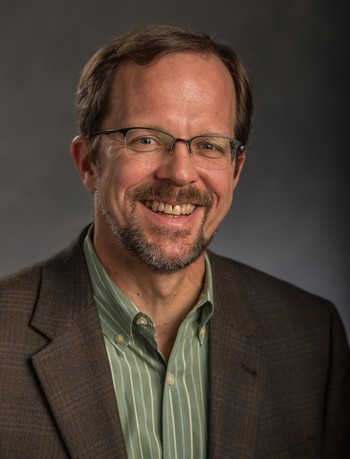
Dr. Scott Swinton
Michigan State Univeristy
|
Scott Swinton is Professor in the Department of Agricultural, Food, and Resource Economics at Michigan State University. His research examines agriculture as a managed ecosystem, focusing on decision analysis for enhanced ecosystem services. He concentrates on problems involving crop, pest, pollination, and nutrient management; precision agriculture; resource conservation; and bioenergy production. Throughout his career, Scott has worked on multidisciplinary teams (mostly with biologists) seeking ways to make agriculture more sustainable via improved technology, information, and incentives. His research in the USA, Latin America, and Africa has been cited over 9,000 times (Google Scholar). Scott currently teaches undergraduate managerial economics and graduate research design & writing. He was elected president of the Agricultural and Applied Economics Association (AAEA) for 2016-19 after serving as director
(2012-15).
|
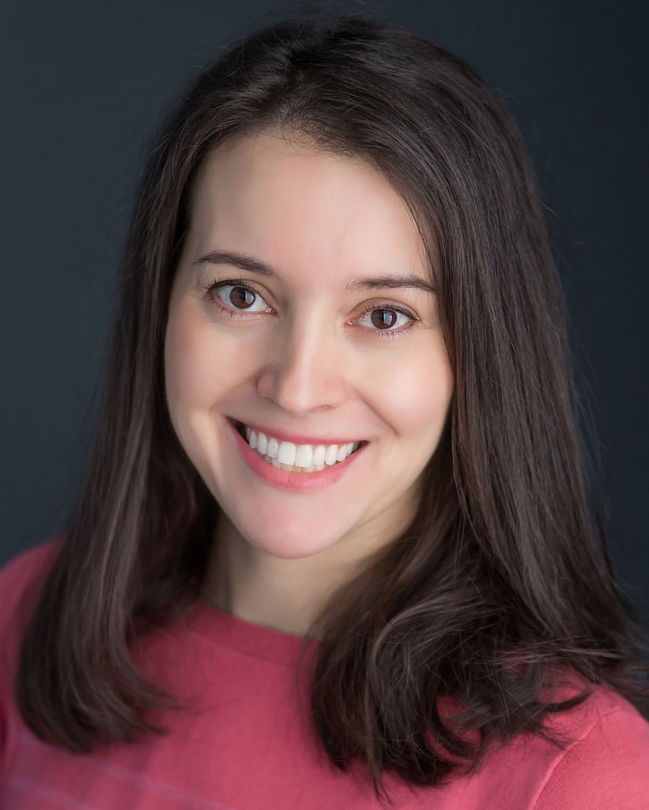
Sheril Kirshembaum
Moderator: Michigan State University
|
Sheril Kirshenbaum works to enhance public understanding of science and improve communication between scientists, policymakers and the public. She has authored two books and her writing appears in popular publications and scientific journals. Sheril has been a 2015 Presidential Leadership Scholar, a Marshall Memorial Fellow, a legislative Fellow in the U.S. Senate and a Next Generation Fellow through the Robert Strauss Center for International Security and Law. She speaks internationally about science communication and has appeared at events like TEDGlobal and Cuidad de las Ideas. Sheril currently hosts "Our Table" at Michigan State University. |
The Changing Scale and Scope of Collaboration: Implications for Team Science
This panel will address various ways in which team science is changing, including size, disciplinary and crossdisciplinary complexity, and geographical distribution (e.g., national, international).
|
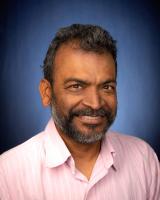
Dr. Arun Agrawal
University of Michigan
|
Arun Agrawal, PhD, emphasizes the politics of international development, institutional change, and environmental conservation in his research and teaching. He has written critically on indigenous knowledge, community-based conservation, common property, population resources, and environmental identities. Agrawal is the coordinator for the International Forestry Resources and Institutions network and is currently carrying out research in central and east Africa as well as South Asia. Since 2013, Agrawal has served as the editor-in-chief of World Development and his recent work has appeared in Science, PNAS, Conservation Biology, Development and Change, among other journals. Preceding his work at U-M, Agrawal was educated at Duke University, the Indian Institute of Management, and Delhi University and has held teaching and research positions at Yale, Florida, McGill, Berkeley, and Harvard among other universities. |
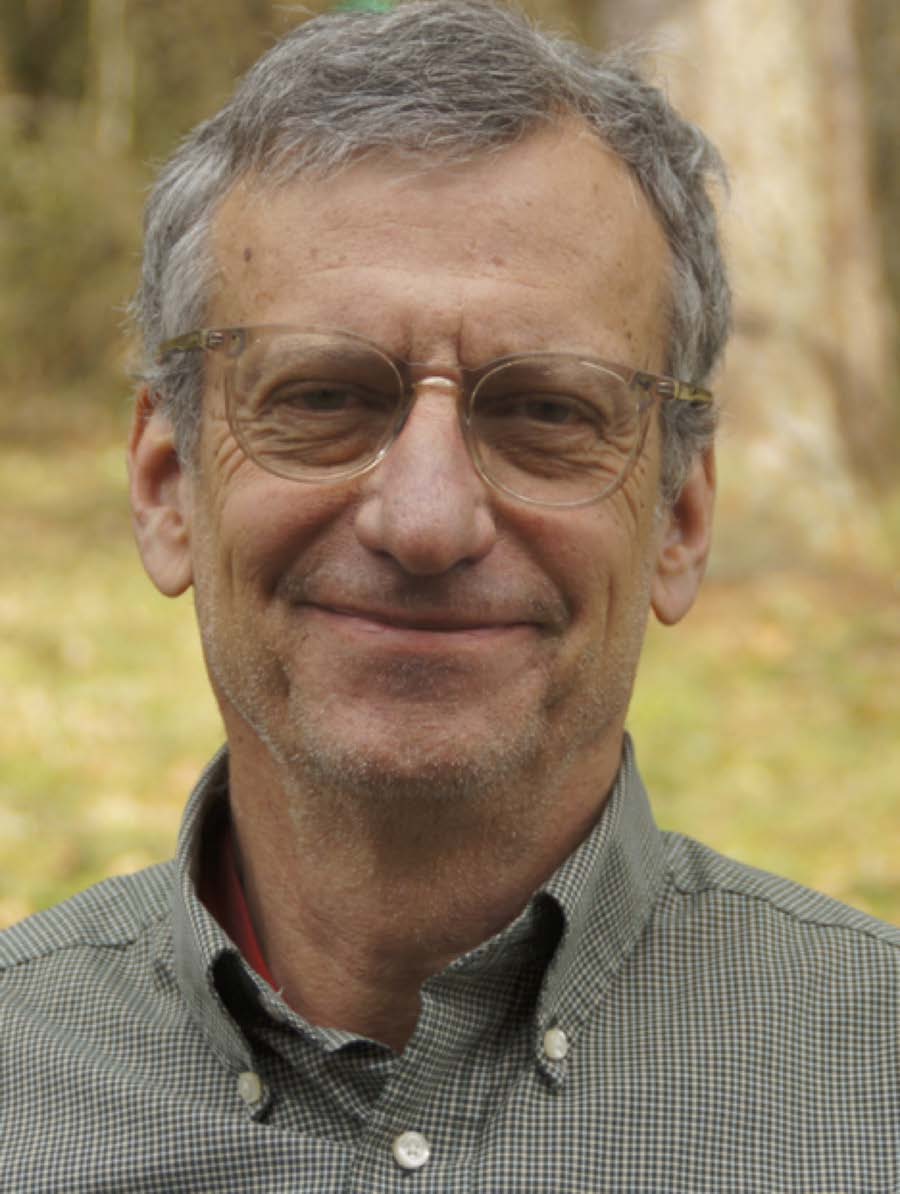
Dr. Sandford Eigenbrode
University of Idaho
|
Sanford D. Eigenbrode is Professor of Entomology and University Distinguished Professor at the University of Idaho in the department of Entomology, Plant Pathology and Nematology. He received his MS in Natural Resources (1986) and his PhD Entomology (1990) from Cornell University. Sanford conducts research on insect ecology and insect-plant interactions in agroecosystems. An emphasis has been the chemical ecology, landscape ecology and management of insect-vectored viruses of wheat, potatoes and legumes in the Pacific Northwest. The broader context of his entomological research has led to interdisciplinary projects addressing the sustainability of agricultural systems. He was a co-PI on two NSF-IGERT projects on the ecological and social resilience in changing landscapes, and project director for a $20M NIFA-funded Coordinated Agricultural Project (CAP), Regional Approaches to Climate Change in Pacific Northwest Agriculture. He is a PI on a continuation NIFA CAP, Pacific Northwest Wheat-Based Systems: Landscapes in Transition. |
Dr. Julie Thompson Klein
Wayne State University
|
Julie Thompson Klein, Ph.D., is Professor of Humanities Emerita in the English Department at Wayne State University and an Affiliate of the TdLab (Transdisciplinarity Lab) at the ETH-Zurich university for science and technology in Switzerland. She has also been a Mellon Fellow and a Visiting Professor in Digital Humanities at the University of Michigan. Klein is past president of the Association for Interdisciplinary Studies (AIS) and former editor of the AIS journal Issues in Interdisciplinary Studies. Her books include Interdisciplinarity (l990), Interdisciplinary Studies Today (co-edited 1994), Crossing Boundaries (1996), Transdisciplinarity (co-edited 2001), Interdisciplinary Education in K-12 and College (edited 2002),Mapping Interdisciplinary Studies (1999), Humanities, Culture, and Interdisciplinarity (2005), Creating Interdisciplinary Campus Cultures (2010), and Interdisciplining Digital Humanities (2015). She was also Associate Editor of The Oxford Handbook on Interdisciplinarity (2010, 2017).
|
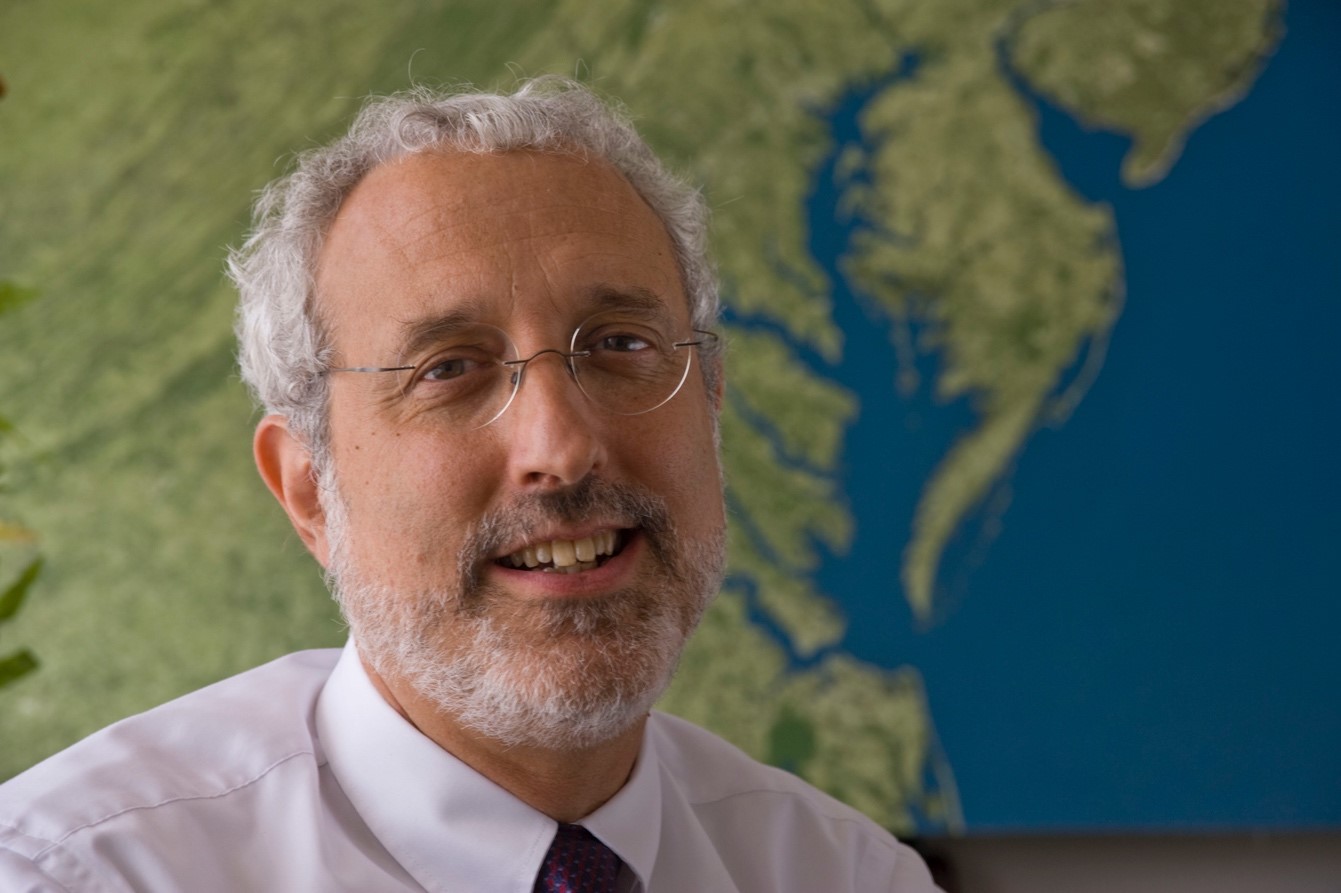
Dr. Jonathan Kramer
National Socio-Environmental Synthesis Center (SESYNC)
|
Jonathan Kramer is the Director for Interdisciplinary Science at the National Socio-Environmental Synthesis Center, University of Maryland (SESYNC). He focuses on the design of programs and the use of facilitation to advance synthesis-based research that can inform problem solving around socio-environmental issues. His work includes the development and use of effective practices that help interdisciplinary teams of scientists and others work effectively together. Jon has co-led the development and implementation of the SESYNC Graduate Research Fellows Program, a unique research and training experience that has engaged over 300 doctoral students over the past 5 years. His interests also include understanding and improving approaches that link science to decision-making in the environmental arena and he is engaged in efforts that foster organizational development, strategic planning and management to strengthen science-based organizations. Jon received a BS at the University of Massachusetts, MS at SUNY Stony Brook and Ph.D. at the University of Maryland.
|
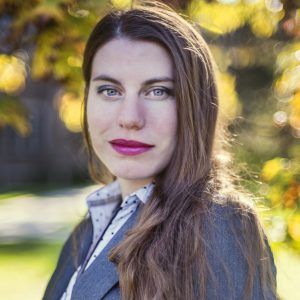
Dr. Stephanie E. Vasko
Michigan State University
|
Dr. Stephanie E. Vasko is managing director for the MSU Center for Interdisciplinarity and co-chair of the 2019 SciTS Program Committee. She builds community and collaborative capacity among academic and blended academic/community research teams, develops and delivers philosophically-informed team based workshops as part of the Toolbox Dialogue Initiative, and researches the application of machine learning to team science and to agricultural diseases. She currently serves on the Mayors Arts and Culture Council in Lansing, MI and was former AAAS Community Engagement Fellow. Dr. Vasko is also a practicing artist who works with clay and iron, takes inspiration from dynamic natural forms, and explores interactions of soft/hard/malleable/brittle in form, as well as the materials chemistry of surface transformations.
|
Cultivating Team Science in Clinical and Translational Research
The Michigan Institute for Clinical & Health Research (MICHR) panel will describe how the Institute promotes team science by incorporating services and resources designed for teams into its clinical and translational research infrastructure. In doing so, it will also convey general lessons for the SciTS community.
|
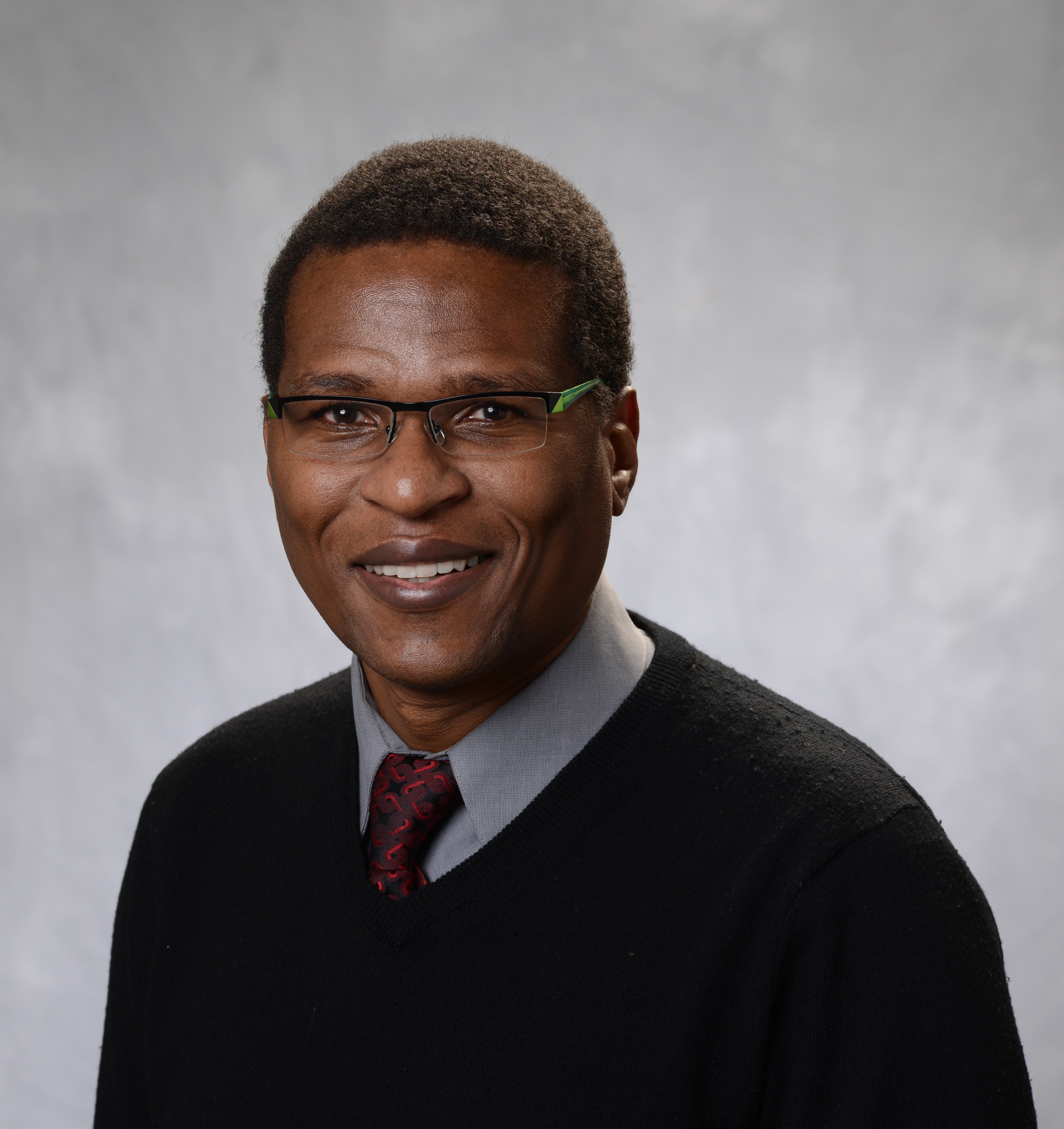
Dr. Felix Kabo
University of Michigan
|
Felix Kabo, M.Arch, Ph.D., is research faculty at the Institute for Social Research, the University of Michigan (U-M). His research expertise is in the ways in which our social and spatial worlds intersect and interact to influence outcomes such as collaboration, team science, innovation and entrepreneurship, and aging and racial disparities. Felix’s work has appeared in Environment & Behavior, Research Policy, Environment and Planning B, Philosophical Transactions of the Royal Society B, Journal of Clinical and Translational Science, and Innovation in Aging. In addition to his role with the Network Science module of the Michigan Institute for Clinical & Translational Research. Dr. Kabo is simultaneously the Principal Investigator and Co-Investigator on multiple research projects. Funding for these projects is from several federal science agencies including the National Institute on Aging, the Institute of Museum and Library Services, and the TriService Nursing Research Program, as well as leading foundations like the Ewing Marion Kauffman Foundation.
|
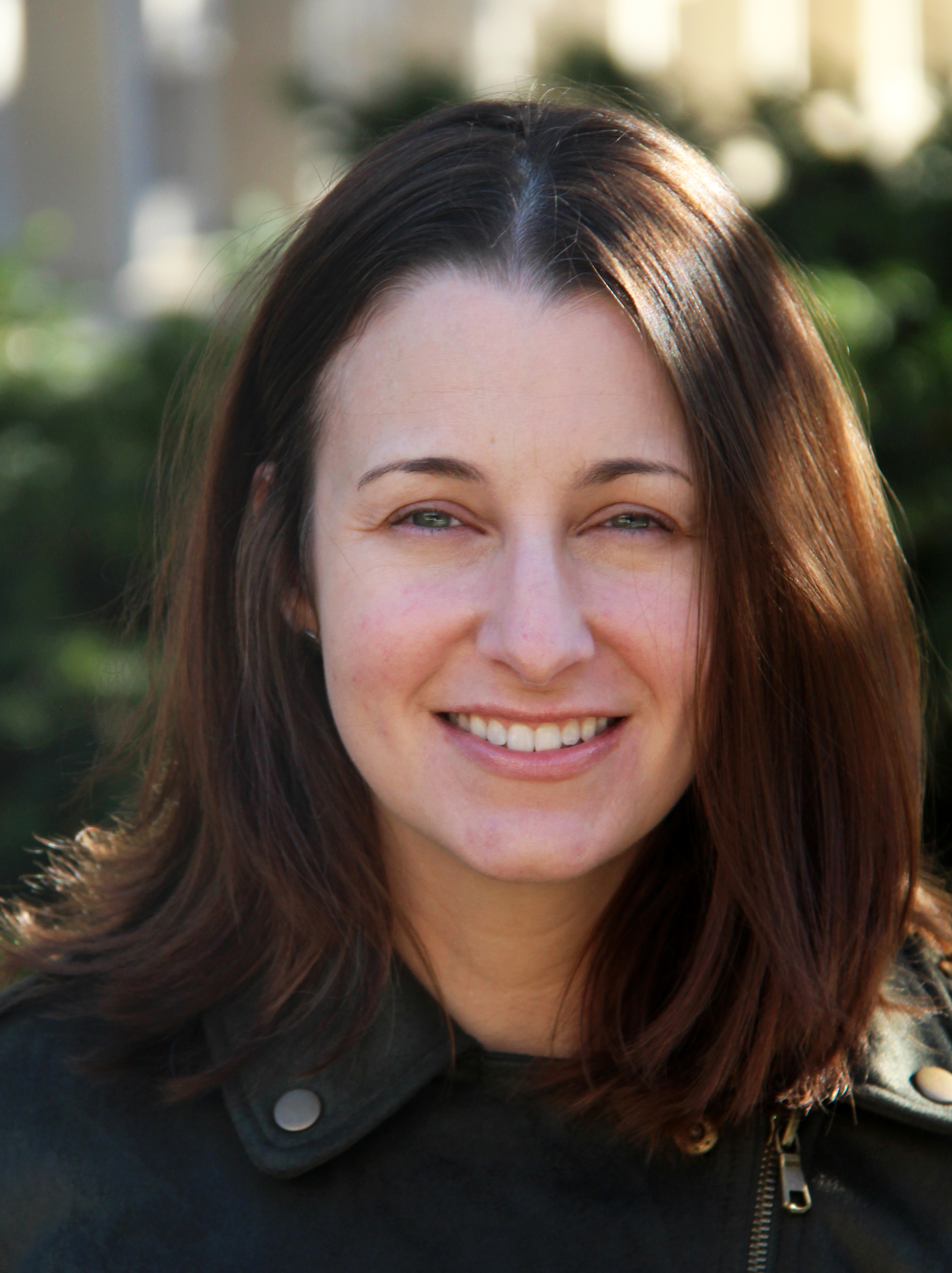
Dr. Beth LaPensee
University of Michigan
|
Beth LaPensee, PhD, is the Administrative Program Director for Research Initiatives at the Michigan Institute for Clinical & Health Research, which is the University of Michigan’s NIH-funded CTSA site. In her role, Beth provides leadership to four programs, including Research Development, Pilot Grants, Biostatistics and Project Management. In addition to overseeing the day to day operations, Beth contributes to the overall strategy, vision and direction of these programs, particularly as they relate to helping faculty achieve research and funding success. Most recently, Beth led the development and implementation of novel support and funding mechanisms that aim to help researchers synergize siloed efforts in order to tackle complex scientific questions. Beth obtained her BS in Biology from the College of William & Mary and her PhD in Cell & Molecular Biology from the University of Cincinnati where her thesis focused on understanding how hormones antagonize chemotherapy in breast cancer.
|
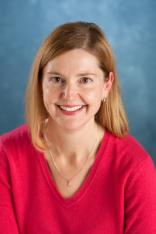
Susan Murphy, ScD, OTR
University of Michigan
|
Dr. Susan Murphy has been the recipient of various grants through NIH, the department of Veteran’s Affairs, and the American College of Rheumatology’s Research and Education Foundation. She co-directs MICHR’s Practice-Oriented Research Training (PORT) Program at the University of Michigan. Dr. Murphy is an associate editor of the American Journal of Occupational Therapy and on the editorial boards of the Arthritis Care and Research Journal and the Journal of Applied Gerontology. She is the conference president of the 2011 Society for Ambulatory Assessment conference held at the University of Michigan. |
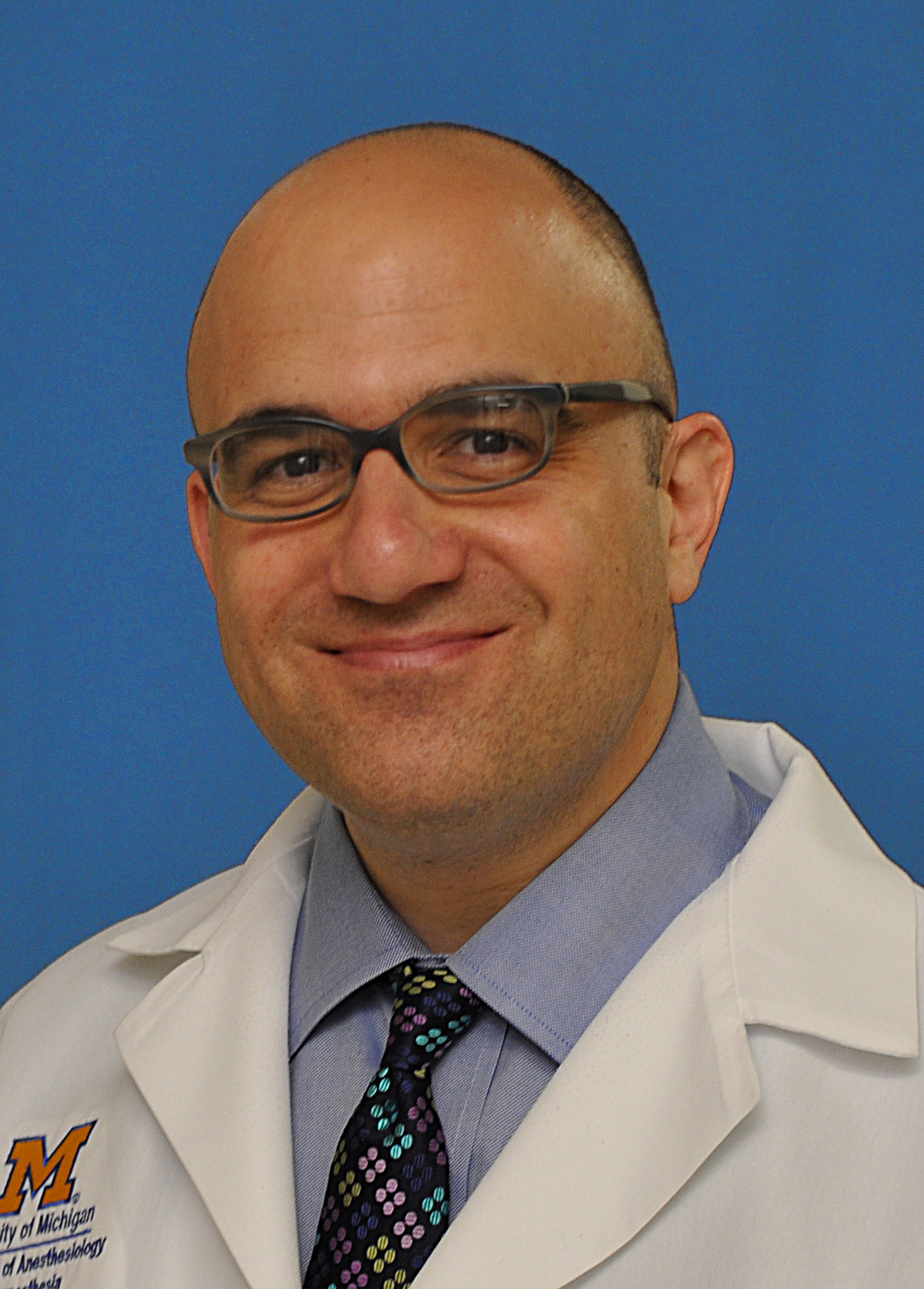
Dr. George Mashour
Moderator: University of Michigan
|
George A. Mashour, M.D., Ph.D. is an anesthesiologist and NIH-funded neuroscientist at the University of Michigan. He is internationally recognized for his work on consciousness and the mechanisms of unconsciousness. Mashour has authored >200 publications, with key articles and commentaries appearing in the New England Journal of Medicine, Lancet, Science, and the Proceedings of the National Academy of Sciences. He has also been the lead editor of five textbooks related to anesthesiology and the neurosciences,published by Cambridge University Press and Oxford University Press. Mashour is the founding director of the Center for Consciousness Science at the University of Michigan. He also serves as the Associate Dean for Clinical & Translational Research at the medical school as well as Director of the Michigan Institute for Clinical & Health Research, the NIH-funded CTSA institute of the University of Michigan. Mashour has received numerous awards as a researcher and educator; in 2018, he was elected to the National Academy of Medicine.
|
Integrating Team Science with Health Science Research and Practice
This panel will discuss community-engaged research conducted by faculty in the Division of Public Health at the Michigan State University College of Human Medicine, Flint Campus and the use of team science to promote health equity in Flint, MI and beyond.
|
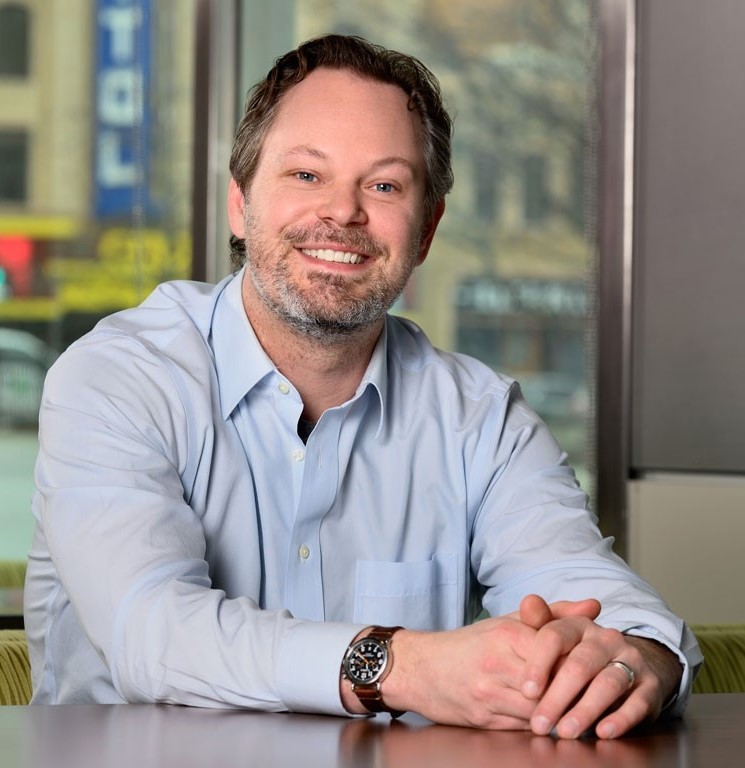
Dr. Todd Lucas
Michigan State University
|
Todd Lucas, PhD, is a social and health psychologist whose research considers psychosocial causes of racial health disparities. He is focused on stress and preventive health behavior pathways, such as cancer screening. His research especially considers psychological justice - the causes and resulting health and social consequences of perceiving injustice for individuals and communities. His research is both psychophysiological, in considering the ways in which psychosocial factors “get under the skin” to affect health, and also intervention focused, in attempting to develop strategies to reduce disparities. He has received funding from sources such as the National Cancer Institute and the National Heart, Lung and Blood Institute to support his program of research on topics that have ranged from understanding stress reactivity responses to injustice to promoting better uptake of colorectal cancer screening. His Michigan upbringing is a perpetual influence on his approach to conducting research and forging collaborations that can reduce health and social disparities. |
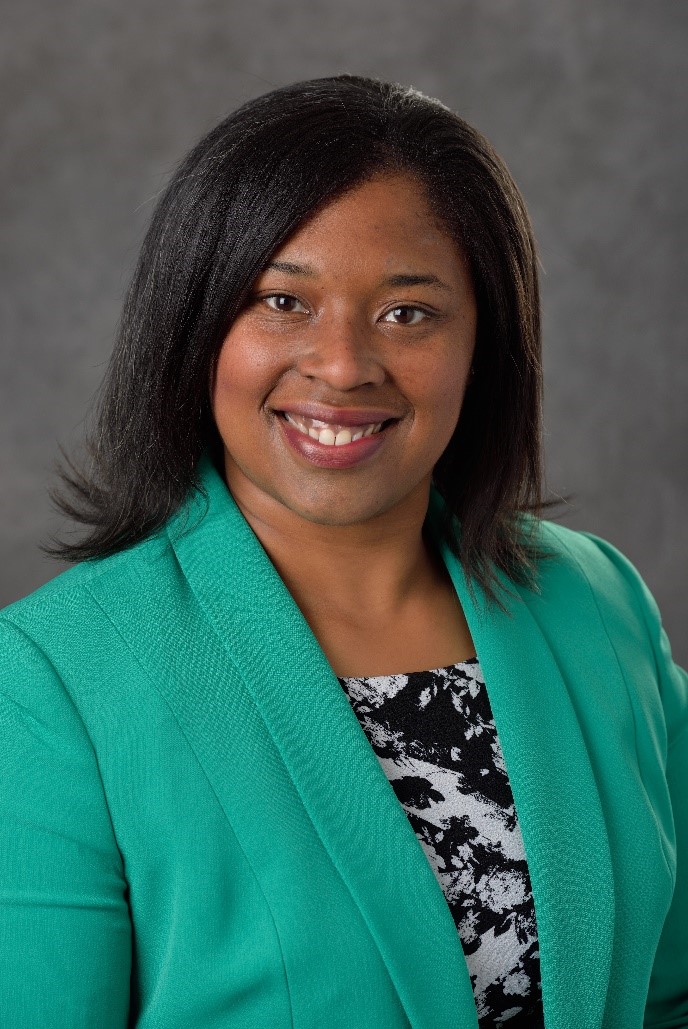
Dr. Vicki Johnson-Lawerence
Michigan State Uiversity
|
Dr. Johnson-Lawrence is a social epidemiologist that uses community-based approaches to address determinants and prevention practices to promote health equity. Her work has expanded from the role of a traditional secondary data-driven epidemiologist to use community-engaged research strategies that inform components of her research, but to also provide a direct context in which the work is applied, modified, and used to promote health improvements through existing health and community systems, with local and community-based organizations, and within the academic context. Her work considers the dynamic nature of psychosocial factors over the life course in relation to chronic disease risk, with a particular focus on co-morbid mental and physical health outcomes (particularly mood/anxiety disorders and cardiovascular disease risk factors) exacerbated by chronic stress, and strategies to address these conditions in vulnerable communities.
|
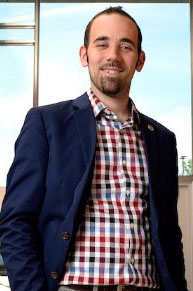
Dr. Rick Sadler
Michigan State University
|
Dr. Rick Sadler a Flint, MI native and urban geographer with expertise in environmental science, GIS, food systems planning, and land use policy in legacy cities. He attended the University of Michigan-Flint (BSc, 2007) to pursue his life-long dream of becoming a cartographer, and later attended graduate school in the Department of Geography at the University of Western Ontario (PhD, 2013) where he was immersed in the Canadian system of urban planning. His experiences growing up in the Flint region--where industrial growth, subsequent deindustrialization, and fragmented planning practices have had a profound influence on the built form--shaped his drive to resolve inequalities that arise from imbalances between the salutogenic and pathogenic properties of urban areas. His research interests reflect this concern and include an integration of urban planning and public health topics related to neighborhood/built environmental effects on health.
|
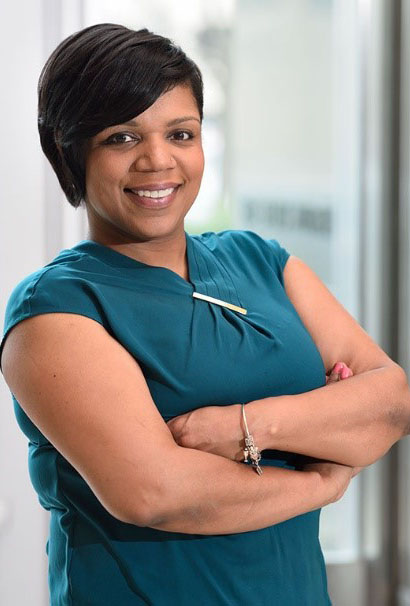
Dr. Debra Furr-Holden
Discussant: Michigan State University
|
Dr. Debra Furr-Holden is an epidemiologist with expertise in addiction epidemiology, prevention science, psychosocial measurement and behavioral health equity research, interventions and policy. Her research focusees on developing environmental strategies, structural and policy interventions to promote behavioral health and health equity. Dr. Furr-Holden’s community-based, action-oriented research has been well received by community stakeholders and drove multiple policy interventions to address some of the nation’s greatest public health challenges, with a special emphasis on health equity and policy-level interventions. Her research is grounded in the rubrics of epidemiology and consistent with principles and practices for understanding social determinants of health and health equity. She is a C.S. Mott Endowed Professor of Public Health and the Interim Director at the Michigan State University College of Human Medicine Division of Public Health. She is also the Director of the National Institute on Minority Health and Health Disparities funded Flint Center for Health Equity Solutions.
|
|





























